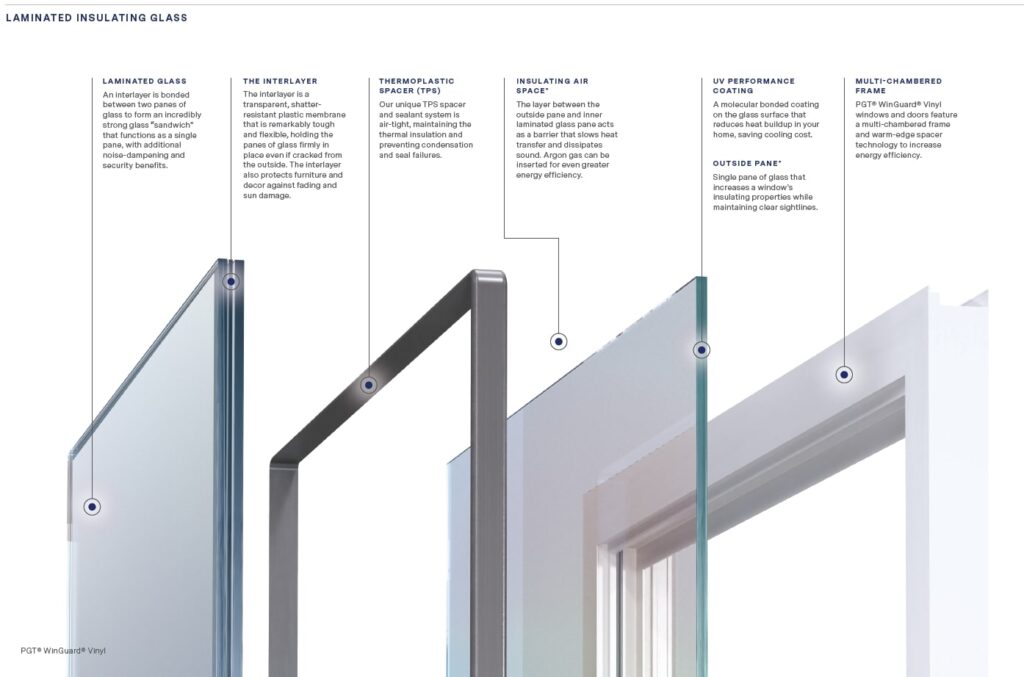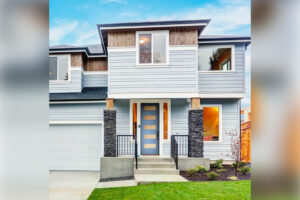History has shown that a lack of hurricane awareness and preparation can lead to devastating consequences when these powerful and destructive storms strike. The need to understand our vulnerability and take appropriate actions cannot be overstated. Whether living in coastal regions or areas further inland, the potential risks posed by tropical cyclones demand our attention and readiness. In this article, we will emphasize the significance of hurricane awareness and preparation in safeguarding lives and minimizing the impact of these natural disasters.
Understanding the Power of Tropical Cyclones
Tropical cyclones, commonly known as hurricanes, are nature’s formidable forces. These massive storm systems are characterized by strong winds, torrential rainfall, and the potential for tornadoes, causing widespread damage and destruction. While coastal areas are more susceptible to the direct impact of hurricanes, their effects can extend far beyond the shoreline, affecting inland regions through heavy rainfall, storm surges, and even tornadoes.
Did You Know?
- Hurricane Ian had winds of 150 mph when it made landfall in Florida as a Category 4 hurricane. It was the fifth-strongest storm to ever hit the United States.
- Hurricane Ian destroyed 8,000 homes and damaged up to 68,000 other homes in Cuba. It then went on to destroy 5,000 homes and damage 30,000 others in Florida.
- Hurricane Ian produced at least $50-$68 billion in property and infrastructure losses, and $112 billion in damage overall, making it one of the costliest natural disasters in the history of the United States and the costliest storm to ever hit Florida.
Understanding Standards for Hurricane Classification

The Saffir-Simpson Hurricane Wind Scale is the industry standard used to measure potential damage to communities impacted by storms, categorized by level of severity. There are five distinct categories:
Category 1
Expect winds up to 95 mph and some power outages during Category 1 hurricanes. You’ll likely see home and building damage, along with flooding around the coast.
Category 2
This category features winds between 96-110 mph and can cause total power and potable water outages. These storms can completely destroy mobile homes and uproot trees. Street signs, roofs, and piers will experience damage.
Category 3
With winds between 111-129 mph, we start to see more substantial, region-wide damage and weeks-long power outages. People will not have access to clean water, and any homes without a foundation will be wiped out.
Category 4
A Category 4 hurricane means total power and water loss in even larger regions. With winds of 130-156 mph and flooding, most trees and mobile homes will be devastated. The impact and outages can last weeks, and coastal areas will see shoreline erosion.
Category 5
Category 5 storms are extreme hurricanes — the impact of damage can extend over months, and many homes will be destroyed to the extent that rebuilding is impossible.
Assessing Vulnerability and Risks
The first step in hurricane preparedness is to assess one’s vulnerability to these storms. It is crucial for individuals, families, and communities to understand the risks they face and take appropriate measures to mitigate them. This involves studying historical data, consulting local authorities, and considering the impact of storm surge, wind strength, and rainfall in the area. By knowing the specific risks, people can make informed decisions regarding evacuation, fortifying their homes, and securing essential supplies.
Creating a Hurricane Preparedness Plan
Developing a comprehensive hurricane preparedness plan is essential for minimizing the impact of these storms. Such a plan should include a detailed checklist of actions to be taken before, during, and after a hurricane. Key components of a preparedness plan may include:
1. Communication and Evacuation

Establishing a reliable means of communication with family members, neighbors, and local authorities. During a hurricane in Southwest Florida, it’s essential to have access to emergency contact numbers for immediate assistance. While I can provide general emergency numbers, it’s important to note that contact information may change over time. Therefore, I recommend verifying these numbers with local authorities or trusted sources in Southwest Florida. Here are some commonly used emergency contact numbers during a hurricane:
Emergency Services (Police, Fire, Medical): 911
Southwest Florida Chapter: (941) 379-9300
National Helpline: 1-800-RED-CROSS (1-800-733-2767)
Hotline: 1-800-342-3557
Website: www.floridadisaster.org
Florida Power & Light (FPL): 1-800-4-OUTAGE (1-800-468-8243)
Peace River Electric Cooperative: 1-800-282-3824
LCEC (Lee County Electric Cooperative): 1-800-599-2356
For information about emergency shelters in your area, contact your local government or emergency management office. Remember, it’s always advisable to stay tuned to local news, radio broadcasts, and official government sources for the most up-to-date information during a hurricane or any emergency situation.
2. Communication and Evacuation
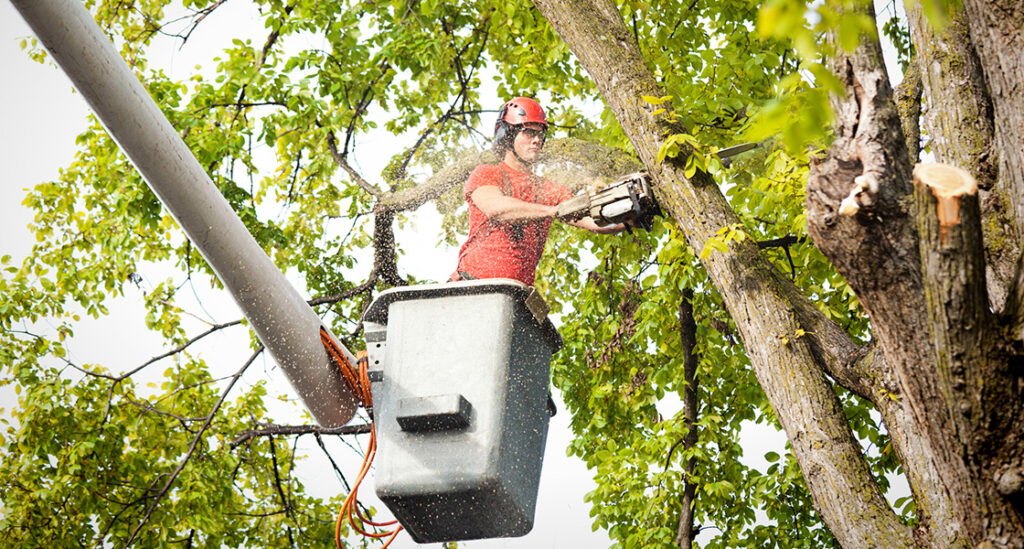
a. Strong winds may strike the trees, causing them to topple. You must trim or remove trees, branches, and limbs that are close to your home that might fall and cause damage to your property or put you and your family members in risk.
b. Check your home’s gutters and downspouts for any repair jobs. Also, clean your gutters by removing the clogged or collected debris that may cause water damage issue in your home.
c. Clear your yard. Make sure there’s nothing that could blow around during the storm and damage your home. Move bikes, lawn furniture, grills, propane tanks, and building material inside or under shelter.
d. Check your carbon monoxide (CO) detector’s battery to prevent CO poisoning
e. Check For Air Leaks. Before a hurricane hits, you should test your home for air leaks. This type of leak can predict if you will have future problems. Air leakage inspections of your doors, windows, and garage also contribute to a lower cooling bill. These in-depth inspections can save your house from catastrophic failure during a hurricane.
Schedule an energy audit before hurricane season to ensure your home is prepared for any upcoming storm and is energy-efficient.
f. Inspecting Your Roof. Routine roof inspections allow specialists to address issues before they get worse during or after a storm. During a checkup, roofers will evaluate if your home is adequately weatherproofed. A roofer will inspect the roof for missing, rotting, or peeling shingles, as well as faulty flashing and leaking gutters that might fail during inclement weather.
g. Secure All of Your Entrances. The Federal Emergency Management Agency (FEMA) estimates that one inch of floodwater may cost $7,800 in damage to a property. Taking your garage doors for granted might be pricey. They, like any other doorway, demand the same level of attention while preparing your house for hurricane season. A broken garage door can easily allow one inch or more of water to enter. FEMA identified garage door failure as a key contributor in hurricane storm damage to dwellings.
h. Install Hurricane Windows and Impact Doors. Impact doors and hurricane windows are among the most critical items you can install in your home. Whether it is for storm safety or home security, shattered glass can cause severe damage to you, your home, or harm your family.
3. Emergency Supplies
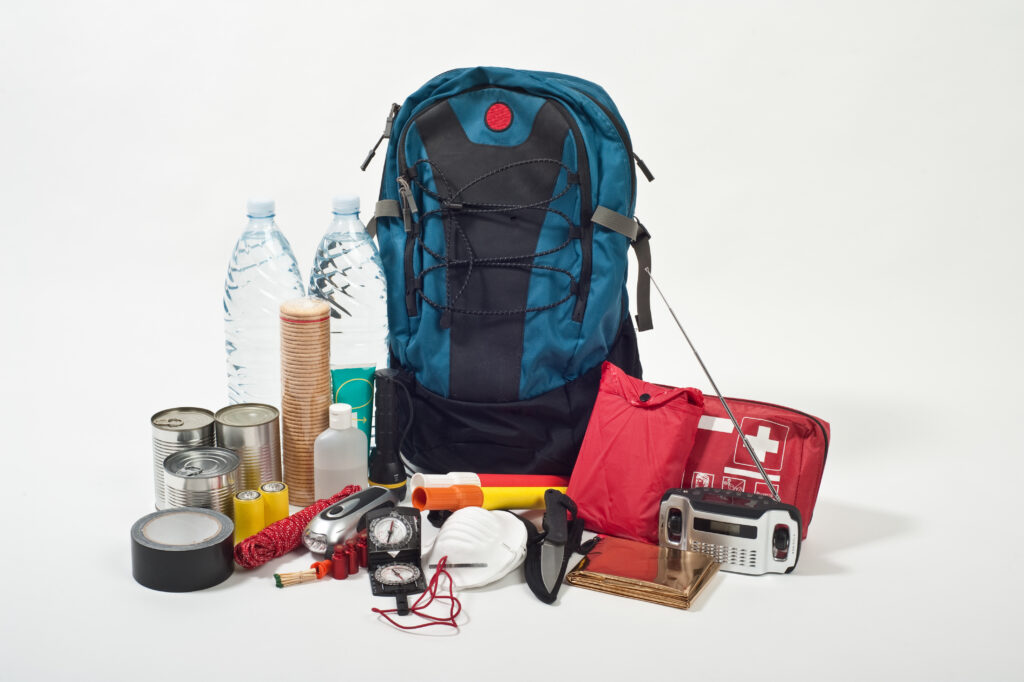
Stock up on essential supplies such as non-perishable food, water, batteries, flashlights, a first aid kit, and any necessary medications. To ensure your family’s preparedness during an emergency, it is crucial to stock up on essential supplies. Plan to have enough provisions to sustain your family for at least three days, accounting for potential disruptions in regular services during an emergency.
4. Insurance and Important Documents
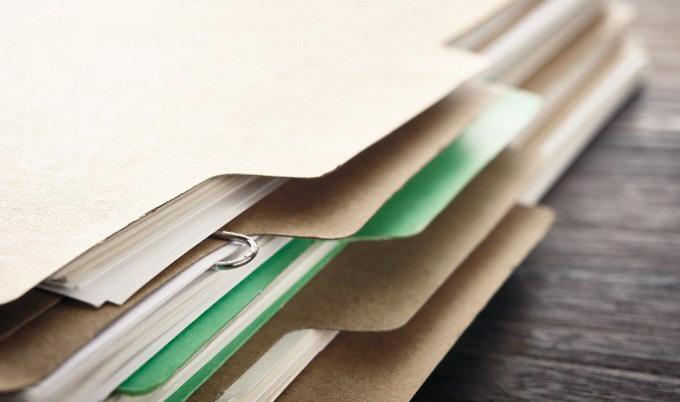
To ensure you have enough coverage for potential storm damage, check your homeowner’s policy and purchase additional flood insurance through the National Flood Insurance Program to ensure you have adequate protection if necessary. Verify if it includes protection for wind damage, hail, and other storm-related risks. Consider getting additional flood insurance if you live in a flood-prone area. Keep important documents like identification papers, medical records, and insurance policies in a secure, waterproof container to protect them from damage.
Guardian Hurricane Protection offers a wide range of products designed to safeguard homes and businesses from the destructive forces of hurricanes. Their product lineup includes:

Guardian offers various types of hurricane shutters, including accordion shutters, roll-down shutters, and Bahama shutters. These shutters are designed to withstand high winds and impact from debris, protecting windows and doors from damage.
Our impact windows and doors are designed to resist shattering when struck. Engineered with an interlayer that is bonded between two panes of glass to form an incredibly strong glass “sandwich”, laminated glass, that functions as a single pane. The durable interlayer stays intact even upon serious impact, protecting against the most extreme weather elements. They also provide increased home security, noise reduction, and convenience when preparing for a hurricane.

Hurricane or storm panels are much likely affordable for your hurricane protection needs. However, Clear Lexan Panels gives off a natural light when your home or business has been closed up for the threat of hurricane or storm. This panels can withstand wind speeds to over 170 mph.
Florida Building Codes & Requirements
Contact Naples' Most Trusted Impact Doors Installer in Southwest Florida
Guardian Hurricane Protection is a dealer of PGT sliding doors, CGI Windows, and WinDoors in Bonita Springs, Cape Coral, Estero, Fort Myers, Lehigh Acres, Marco Island and Naples, we can custom build your doors to exact specifications and offer a wide variety of options, allowing you flexibility in your replacement, new construction or remodeling projects.
Make your homes in Naples safe from the seasonal hurricanes and storms. Upgrade your entry doors to storm-resistant entry doors before the season starts. For your high impact entry door services in the Naples area. Call Guardian Hurricane Protection at 239-438-4732 / 239-237-1448.


